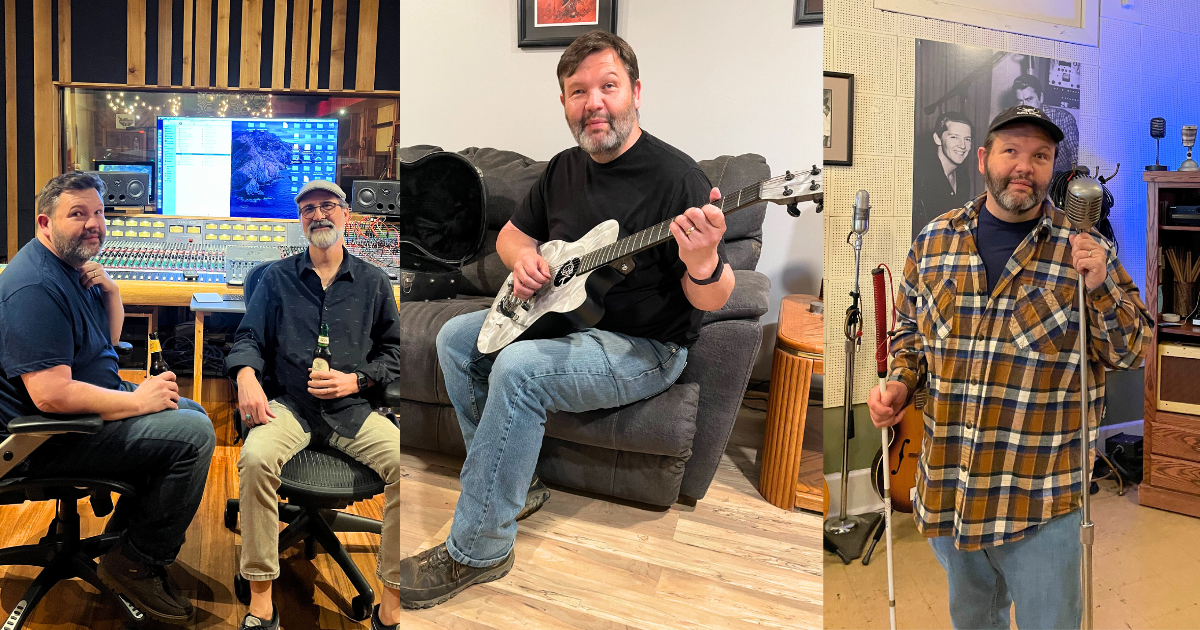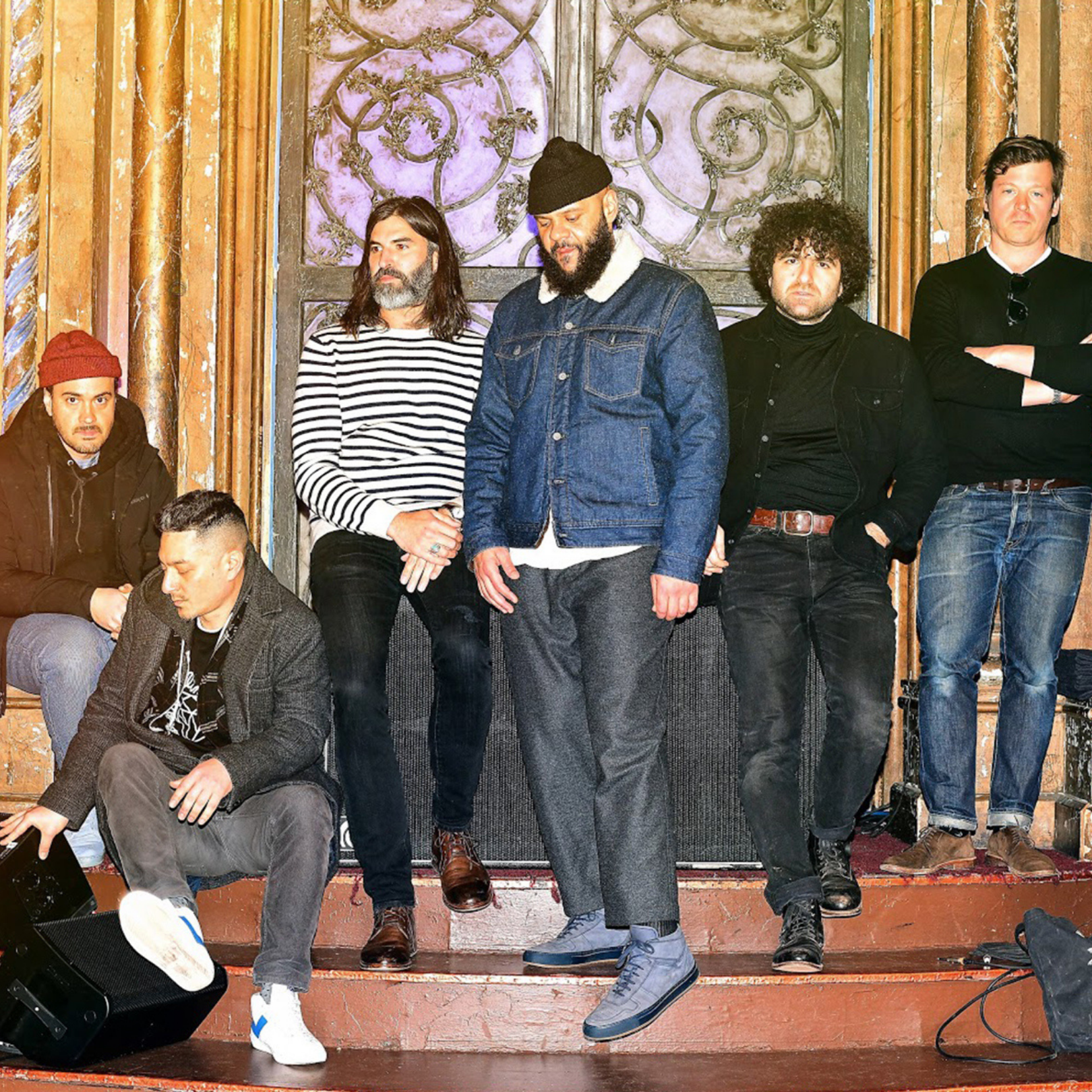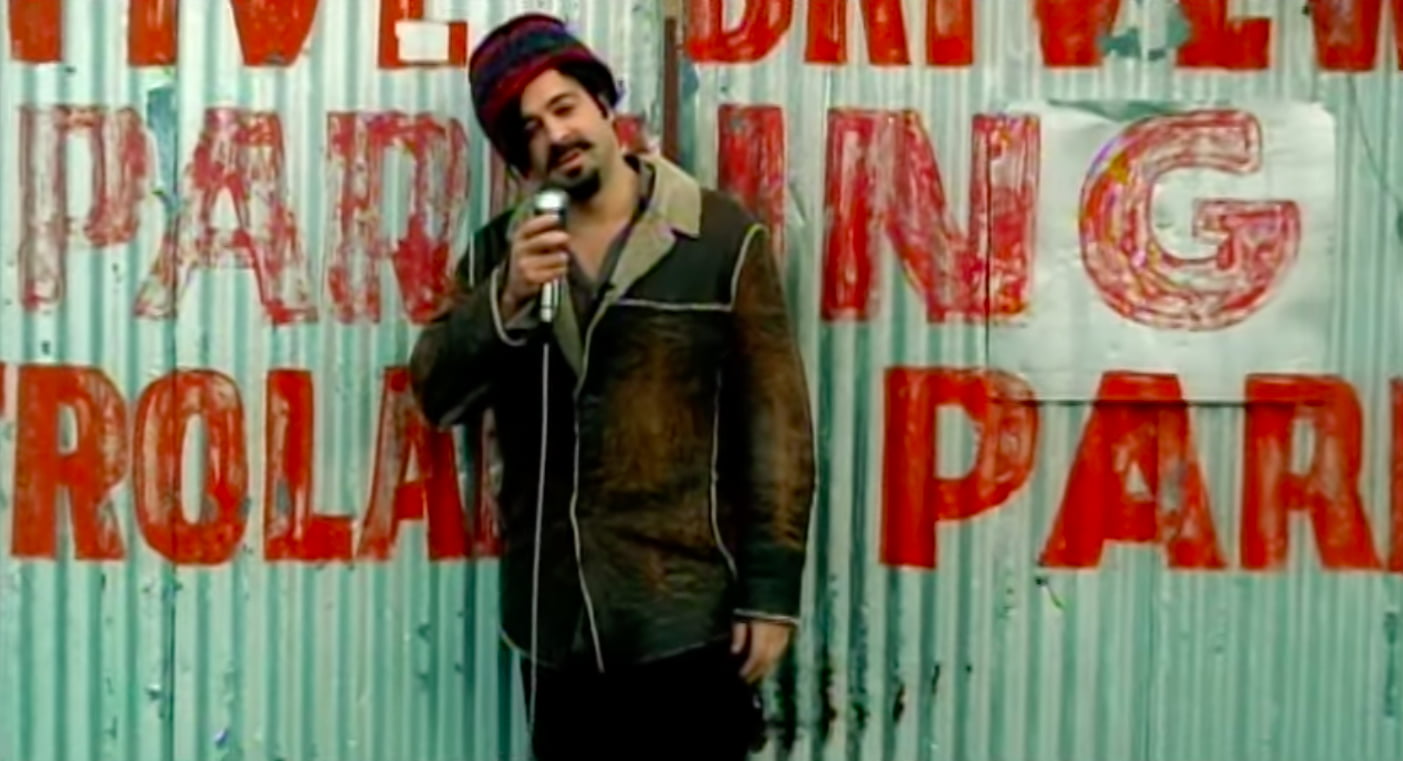Though Randall Deaton’s excellence as a producer and engineer has been well known for many years in the bluegrass world, he had taken a hiatus from music for nearly nine years before returning in 2024. His latest venture is both a conceptual and musical triumph. The new release, Silver Bullet Bluegrass (Lonesome Day Records), pays tribute to the great rocker Bob Seger with an all-star corps of bluegrass vocalists and instrumentalists performing his tunes reworked, bluegrass style. The lineup of performers includes Gary Nichols, Tim Shelton, Shonna Tucker, Bo Bice, Tim Stafford, Bill Taylor, Larry Cordle, and more.
The project’s origin dates back even further, as Deaton detailed during a recent extensive interview with BGS conducted via email.
“(I got the idea) probably sometime around 2009,” Deaton said. “We released records by the band Blue Moon Rising and Ralph Stanley II in 2008 and each of those records contained songs that were pulled from non-traditional bluegrass sources. Blue Moon Rising did a cover of Bruce Springsteen’s ‘Youngstown’ and Fred Eaglesmith’s ‘Freight Train,’ while Ralph II did Elton John’s ‘Georgia’ and Townes Van Zandt’s ‘Loretta.’ I brought all those songs to the artists and I was really pleased with the way they turned out. They ended up being very legitimate takes on the songs without having any of the ‘pickin’ on’ vibe. I think the first thoughts of a Seger bluegrass record came from the idea of wondering how ‘Hollywood Nights’ would sound in a bluegrass style.”
However, the project took longer to happen than anticipated. “The overall recording process took over 12 years, but that was because I took about an eight year break from music in the middle to pursue other things,” Deaton continued. “The original challenge was to track the songs without the final lead vocalist. Seger is such a great vocalist and can comfortably sing in keys that most other male singers can’t, so I had to consider which keys to track some of the songs in. Some songs I left in the original keys and just knew that those songs needed to stay right there. Other songs we dropped down a step or so in order to have more options when it came to finding the right singer. The actual studio work was pretty easy once we knew who was doing what.”
“A great deal of the tracking band was the same group of musicians that we used on a record by Jeff Parker entitled Go Parker!” Deaton continued. “Mike Bub, Stephen Mougin, Ned Luberecki, and Shawn Brock all had plenty of experience playing and recording traditional bluegrass, but they also had experience outside of that – including Mike playing with Steve Earle on The Mountain record and Stephen touring with Sam Bush. Ned is a very progressive banjo player and Shawn is simply one of the best musicians I know. Other musicians were added based on what I thought the track needed. We used several fiddle players on this record and each of them brought something special and unique.”
When asked about personal favorites from the session Deaton responded: “The first singer to agree to perform on the record was Josh Shilling of the band Mountain Heart. He did “Main Street.” He did such an awesome job on that song that he set a bar for the rest of the record. That song is definitely one of my favorites. I am also partial to that track, because Megan Lynch [Chowning] played my grandfather’s fiddle on that track. It was just an old catalog fiddle from the 1930s, but I was told that he used to sit on the front porch and play it.”
“He passed away before I was born, but somehow I ended up with the fiddle. I think it is really neat that the same fiddle is doing that signature melody on ‘Main Street.’ The last two vocals that we recorded for the record were the Carson Peters and Bill Taylor tracks. Producing those vocals and in Carson’s case the fiddle was the first time I had been in a studio in many years and I wasn’t sure how effective I would be after so much time away. I am very proud of how those tracks turned out because they made me feel like I could do this again in the future if the right situation came up.”
An interesting thing about Deaton is bluegrass wasn’t his initial musical love growing up. “When I was a kid, we listened to country music around the house,” he recalled in his bio. “I knew more about Exile than I did about The Police. I knew a little bit about bluegrass, but I didn’t really get into bluegrass until I started learning how to play guitar. All the people that I could play with around home were mostly playing bluegrass music. That’s how I really got introduced to it.”
From that early start as a guitarist, Deaton converted a church left him by his grandmother in 1999 to a studio and started focusing on engineering. That led to the creation of the Lonesome Day label, which took its name off a Springsteen tune. Their first project was by Eastern Kentucky bluegrass artist Sam Wilson. The label soon became celebrated in bluegrass circles for turning out both hits and classic albums by a host of greats. The list includes Jeff Parker, Lou Reid, Blue Moon Rising, Larry Cordle, Steve Gulley, Ralph Stanley II, Ernie Thacker, Darrell Webb, Richard Bennett, Shotgun Holler, Wildfire, Fred Eaglesmith, and more.
Deaton’s accomplishments aren’t limited solely to the music world. He’s overcome retinitis pigmentosa, a genetic condition that affects nerve cells in the retina that causes functional failure and an inability to transmit information from the eye to the brain. But that hasn’t prevented Deaton from continuing his brilliance in the studio, nor from expanding into other musical areas as a label owner and producer. In 2011, Lonesome Day would release Sweet Nothings by Girls Guns & Glory – now known as Ward Hayden & the Outliers – which was produced by Paul Kolderie and recorded in Boston.
Kolderie would later produce Tim Shelton’s album, Jackson Browne Revisited. In 2014, A second Girls Guns & Glory project titled Good Luck was produced by Eric “Roscoe” Ambel. Prior to taking his break from music, Deaton’s label would also issue three albums by bluegrass guitar master Richard Bennett. But, by 2015, Deaton was both a bit disillusioned by some things happening in the music business and ready to do something else.
“Something else” included converting his music studio into an AirBnb, investing in short-term rentals in Eastern Kentucky, and later buying resorts in two different areas in Michigan, as well as a restaurant. Deaton also did a bit of concert promotion in the meantime. Eventually, he’d return to making music, with the latest result being Silver Bullet Bluegrass.
When asked about his favorite projects over his career, Deaton offers these selections:
“I really like the work I did with the band Blue Moon Rising. Their first record, On The Rise, was very well received and made me feel like I could make records that would find their place in the bluegrass genre. The second record I did with them entitled, One Lonely Shadow, is the record that contained ‘Youngstown’ and to me that is still probably the single best record I have been a part of. The song selection, the performances, and the engineering work of Mike Latterell are all outstanding. I am also very proud of the Ralph Stanley II record entitled, This One Is II. Again, the performances and song selections were outstanding and Mike also tracked and mixed this record.”
“We did both of these records in the same timeframe so they are kind of linked for me,” he continued. “These are consistently the two records that people still bring up to me saying that one of them is their favorite. One of my very first things that I still think guided me was my work on the record entitled Time by Lou Reid & Carolina. This was a band record and most everything on the record was done by Lou’s current band. Lou brought the song ‘Time’ that ended up being the title track to the record and it was clear to me that the song needed more than just what the band could bring.”
“We ended up using some great outside musicians,” he continued, “Such as Ron Stewart, Randy Kohrs, and Harold Nixon to get a track that was more solid. We also ended up getting Vince Gill and Ricky Skaggs to sing on the track. The final track turned out great and it ended up being a #1 song on the Bluegrass Unlimited chart in 2005. The song was also a challenge, because I felt like I was pushing for greatness and the artist was taking into account other things besides the record – such as the feelings of the band (which also included his then wife) and how those considerations would always be there moving forward. I always thought that if you were going to make a record you should do everything that is possible to make it as good as it can be within the means that you have.”
Deaton hesitates to pick personal favorites in terms of artists he’s worked with, but acknowledges a few names. “That is a tough one, because I have worked with so many talented people. Since I am such a proponent for great records, I would have to say that the audio engineers that I have worked with are always very special to me. In the very beginning I worked a lot with a guy named Harold Nixon and Harold introduced me to Ron Stewart.”
“Harold and Ron were very big parts of a lot of the Lonesome Day work from the beginning through when I got out in 2015. I also did a lot of work with Mike Latterell starting in 2005. Mike is one of the best audio engineers that I know and we still keep in touch to this day. I also had the chance to work with Brandon Bell on a couple records. He is also an incredible engineer and just a great guy in the studio. Gary Nichols introduced me to Jimmy Nutt back around 2013 or so, and he has been awesome to work with on this Silver Bullet Bluegrass record. When I got back in the studio in 2023 with Carson Peters, Jimmy made me feel like it was just yesterday that we were in the studio together, not eight years ago. Jimmy and his wife Angie have also become great friends to me and my wife, Shelagh, so if there is music in my future Jimmy will definitely be involved.”
“One musician that I have known for years, but never have worked with is Shawn Camp,” is Deaton’s first response when asked about possible future collaborations. “I think he is so talented and such a nice guy that I would love to work with him sometime in the future. A lot of the singers on Silver Bullet Bluegrass I had worked with in the past. Carson Peters and Bill Taylor were great in the studio and I think they have immense talent and I would like to work with those guys sometime in the future.”
As for possibly adapting other musicians’ tunes to the bluegrass idiom, Deaton immediately cites one name. “I think it would be great to do a Bruce Springsteen record. I am a big Springsteen fan and even named my label after one of his songs. I’ve lost count of the number of [his] concerts I have been to, but it is well over 100 from 1999 to 2024.”
His first response to the final question, regarding what’s next for his label, is “I don’t know.”
“I have been really focused on finally getting Silver Bullet Bluegrass finished and released that I haven’t thought about anything else. The landscape of the music business has changed so much since I started that I am in the middle of a learning curve again. I know that I like making records and I know that I don’t need to make records in order to make money. Whatever I end up doing, if anything, I want it to be fun and I want to at least think that it may matter somehow.”
Photos courtesy of Lonesome Day Records.



